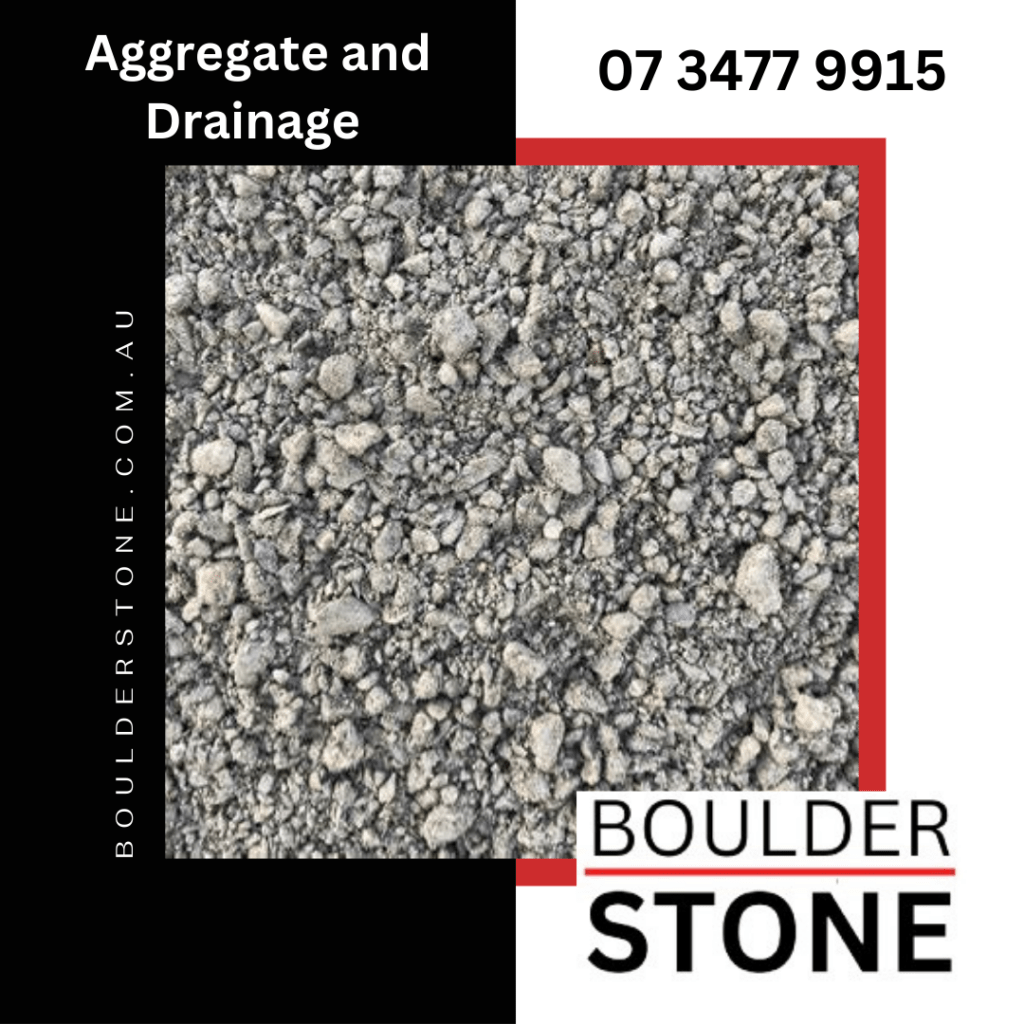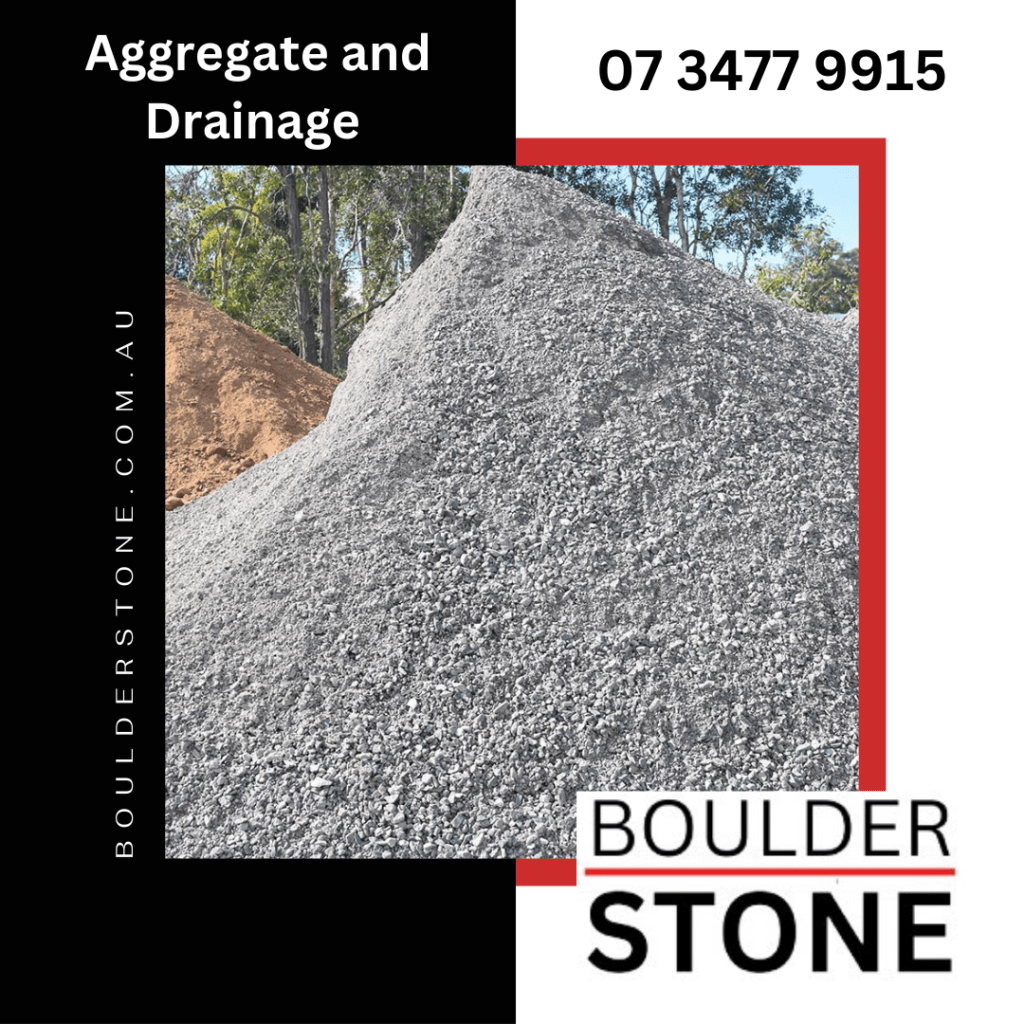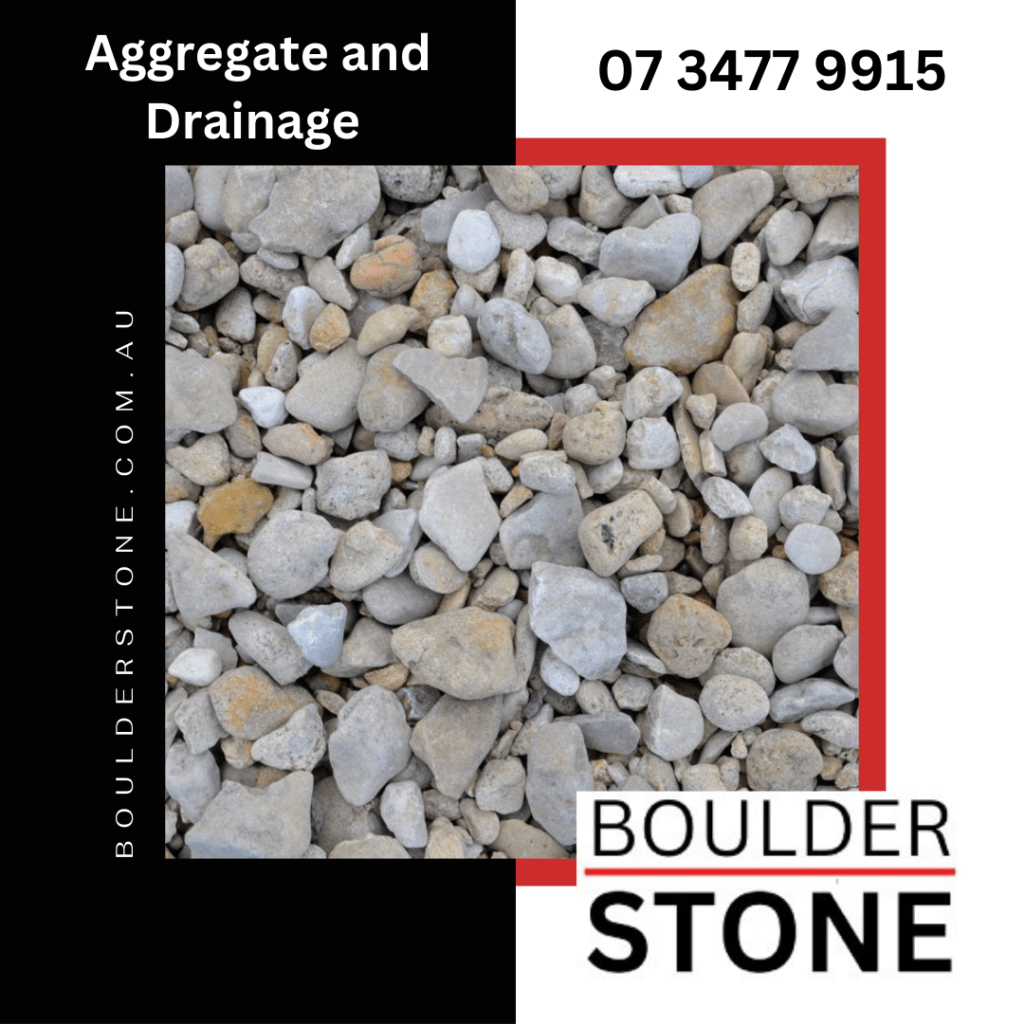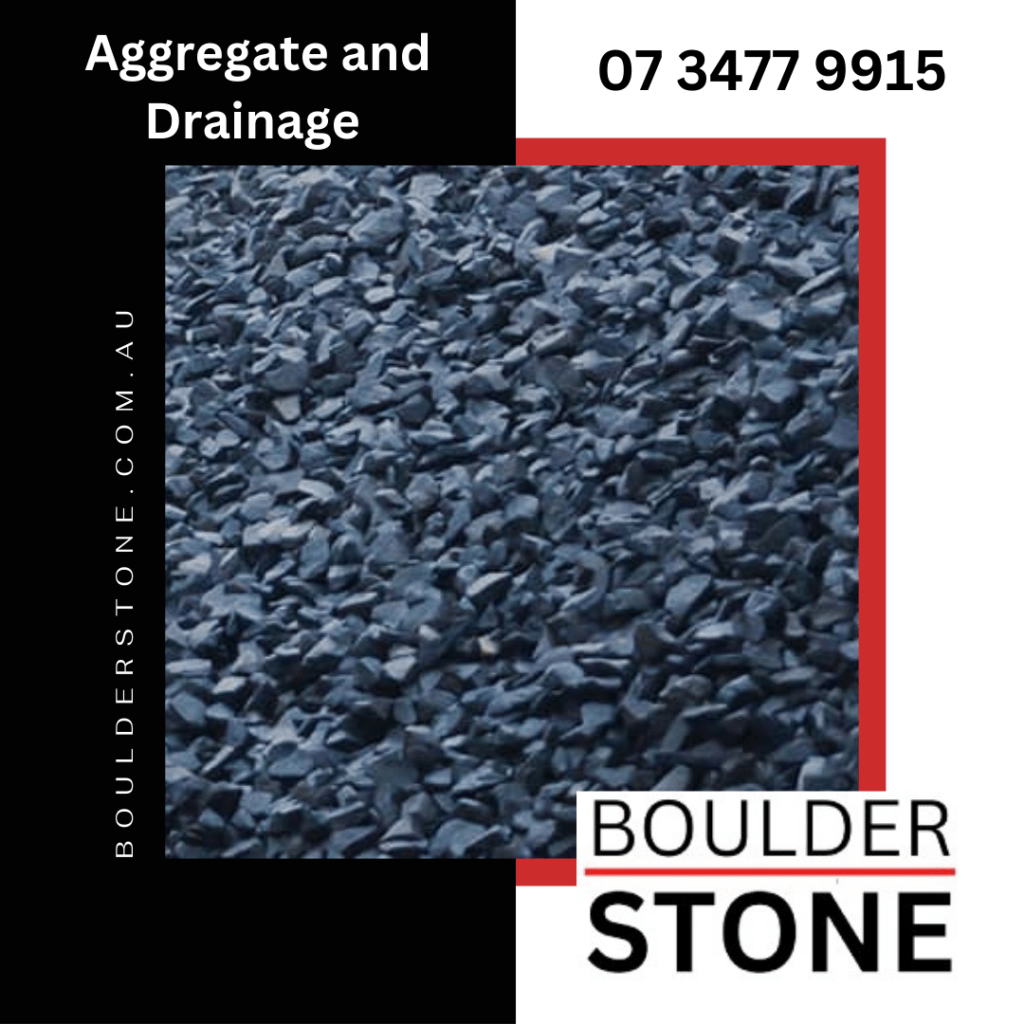When it comes to construction and landscaping projects, choosing the right materials is key to ensuring durability, stability, and also proper water management. Additionally, two essential components that often determine the success of your project are aggregate and drainage rock. These materials are widely used in a variety of applications. Therefore, from road construction to landscaping. Furthermore, helping to create strong foundations and effective drainage systems.
In this blog, we’ll explore the benefits and uses of aggregate and drainage rock, and why they are essential to the success of your next project.
What Is Aggregate?
Aggregate is a broad category of coarse-to-medium-grained materials used in construction. Including sand, gravel, and also crushed stone. It is a critical element in concrete production, road bases, and also structural foundations.
Types of Aggregate:
-
- Crushed Aggregate: Made by mechanically crushing larger stones. This material is used for road bases, concrete mixes, and also driveways.
-
- Fine Aggregate: Often used in mortar and concrete. Fine aggregate includes materials like sand and crushed rock particles.
-
- Decorative Aggregate: This variety enhances the aesthetic of landscapes, walkways, and also gardens while providing functional benefits like erosion control.
Benefits of Using Aggregate:
1. Durability and Strength
Aggregate forms the backbone of construction projects. When used in concrete mixes or as a base material. It adds stability and strength, making the structure more resilient to heavy loads and harsh weather conditions. Its high compaction ability ensures long-lasting foundations, whether it’s for a driveway, road, or also patio.
2. Versatility
Aggregate is incredibly versatile and can be used in various applications, from foundations to pathways, retaining walls, and also drainage systems. Crushed aggregate is especially beneficial for creating solid bases that won’t shift over time.
3. Improved Drainage
Certain types of aggregate, particularly larger and more porous varieties are ideal for drainage systems. They help direct water away from structures, preventing water buildup and soil erosion. Which could otherwise compromise the integrity of the construction.
What Is Drainage Rock?
Drainage rock is a specific type of aggregate used in systems designed to manage water flow. Typically, these rocks are larger in size and have angular edges that create spaces between them, allowing water to pass through easily. This makes them ideal for applications where efficient water movement is crucial, such as French drains, retaining walls, and also landscaping projects.
Benefits of Using Drainage Rock:
1. Effective Water Management
One of the main functions of drainage rock is to direct and control water flow. By creating spaces between the rocks. Water can flow freely through the material without causing pooling or erosion. This makes drainage rock ideal for managing rainwater runoff, protecting structures from water damage, and also maintaining the health of your landscape.
2. Prevention of Soil Erosion
When properly installed, drainage rock can prevent soil erosion, especially on sloped terrains. By allowing water to pass through while holding soil in place. It helps to maintain the integrity of your landscaping or construction site.
3. Structural Stability for Retaining Walls
When used behind retaining walls, drainage rock helps to relieve pressure caused by water buildup. Reducing the risk of structural failure. Proper drainage is crucial for ensuring the long-term stability of retaining walls. Therefore, preventing water from becoming trapped behind the wall and exerting damaging pressure.
Common Uses for Aggregate and Drainage Rock:
-
- Road Base Construction: Aggregate is used as a stable base material for roads and driveways.
-
- Concrete Production: Crushed aggregate is a primary ingredient in concrete, ensuring strength and durability.
-
- French Drains: Drainage rock helps to manage excess water and prevent flooding by directing water away from structures.
-
- Retaining Walls: Drainage rock provides crucial water management behind retaining walls, reducing pressure and increasing longevity.
-
- Landscaping: Decorative aggregate and drainage rock enhance the look of gardens and walkways while offering practical benefits like soil erosion control.
Choosing the Right Material for Your Project
When selecting aggregate or drainage rock for your project, it’s essential to consider the specific needs of the application. For example, larger drainage rock is best for areas that need substantial water flow, while fine aggregate is ideal for smaller, more detailed applications like concrete mix. Understanding the unique characteristics and benefits of each type will help you make an informed decision that leads to long-term success.
Conclusion
Whether you’re working on a large construction project or a residential landscaping job, using high-quality aggregate and drainage rock can make a significant difference in the durability and efficiency of your project. From providing strong foundations to effectively managing water flow, these materials play a crucial role in ensuring the success of your build.
At Boulder Stone, we offer a wide range of premium aggregate and drainage rock, designed to meet the needs of any project. Contact us today to learn more about our products and how they can enhance the quality of your work.
Build with strength, manage with efficiency, and achieve long-lasting results with our premium aggregate and drainage rock solutions.







